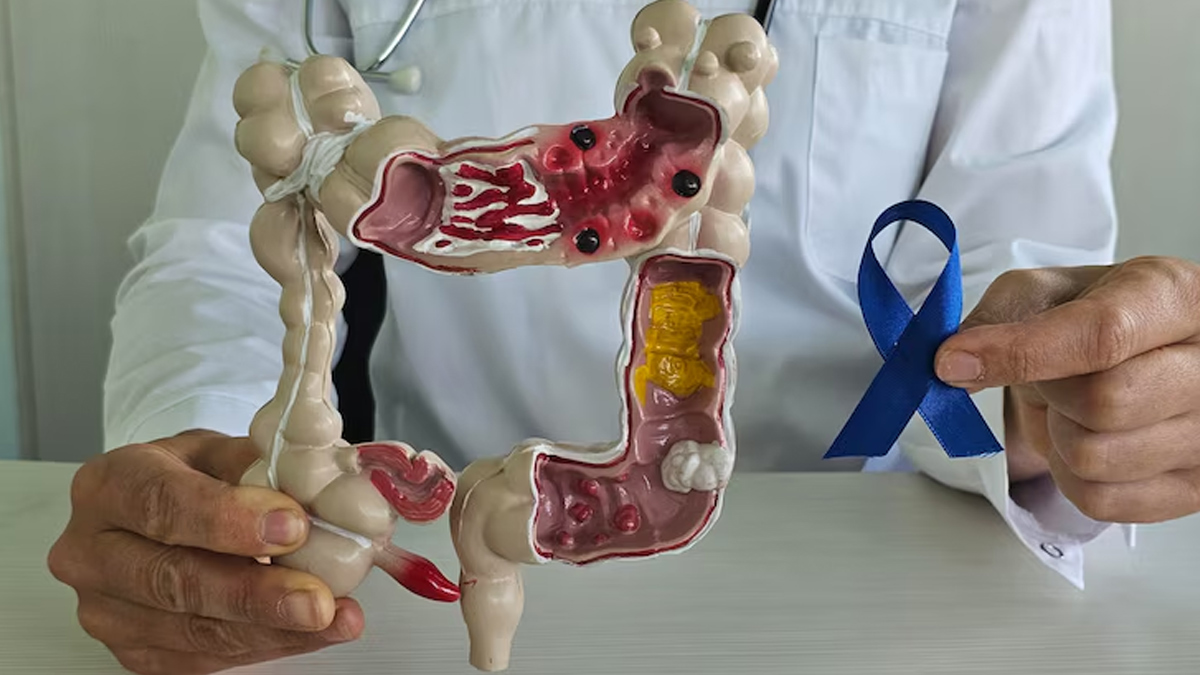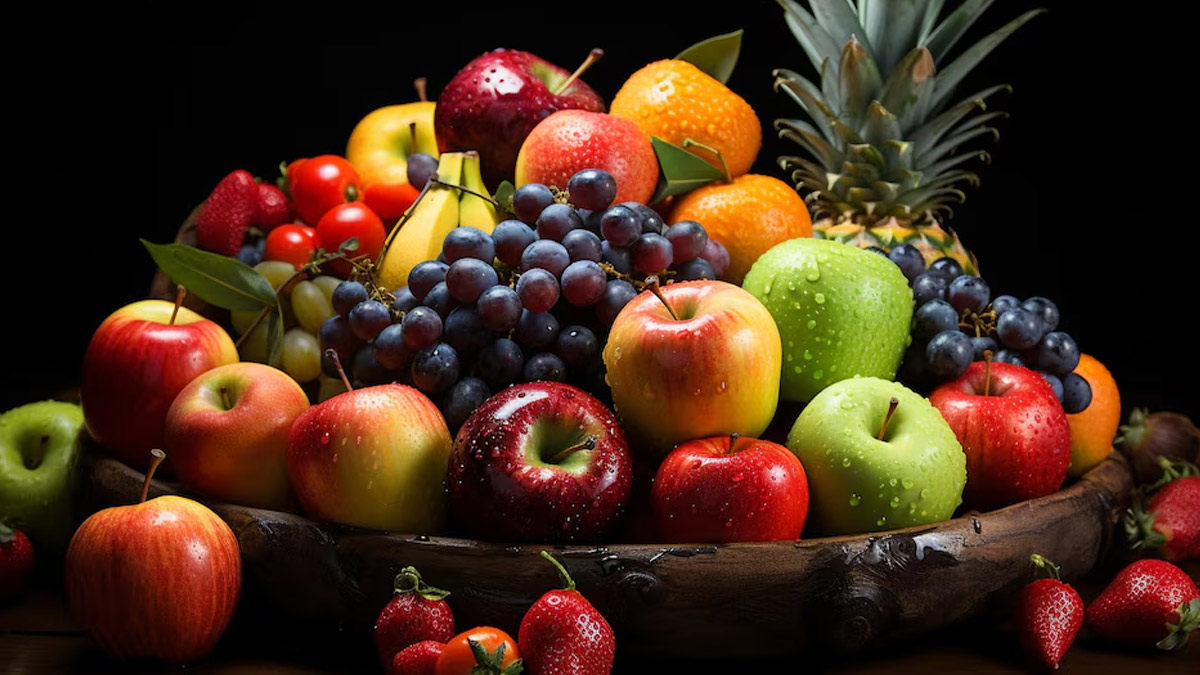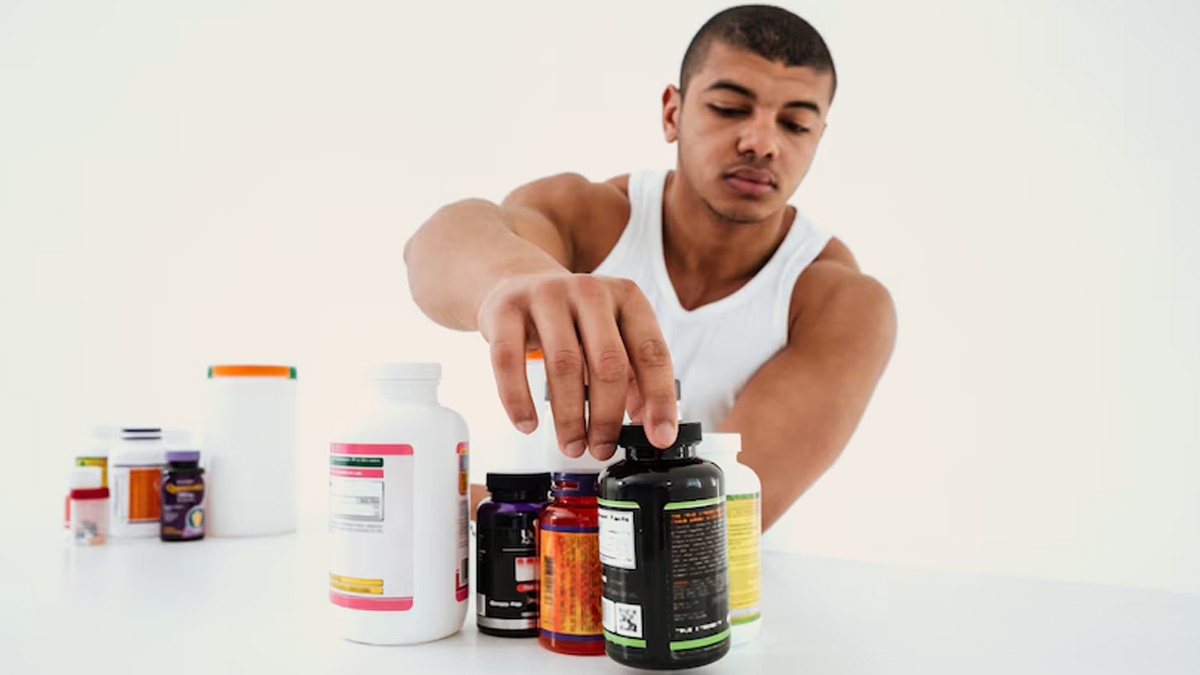In the era of quick fixes and instant results, health supplements have become a growing trend among people looking to enhance their physical appearance, fitness, or overall well-being. Whether it’s multivitamins, protein powders, or hair growth capsules, many rely on supplements for instant benefits. But are these supplements genuinely necessary, and what risks do they carry?
At the Poshan Summit 2024, Dr Amit Gupta, Vice President – International Society For Medical Food and Nutrition and Dr Ashok Kumar Vaid, DM (Medical Oncology) MD (General Medicine), MBBS Chairman — Cancer Institute, Gurugram, in a panel discussion, spoke about the rising trend and hazards of health supplements.
The Rise of Health Supplements
Dr Amit Gupta said, “Nowadays, people focus on short-term goals like hair growth, muscle building, or glowing skin,” he explains. “They believe that these supplements are a fast-track way to achieve those goals.”
Supplement use has become normalised, with many turning to them without considering whether they truly need them. Convenience is often the driving force, but according to Dr Gupta “It is always better to get your nutrient requirements from natural sources like fruits, vegetables, and a balanced diet.”
Also read: Do Hair-Growth Supplements Really Work?
Why Supplements?
A common belief is that supplements can compensate for dietary deficiencies, making up for a lack of essential vitamins or minerals in one’s daily intake. While this is true in specific cases—such as diagnosed deficiencies—Dr Gupta emphasises that supplements should only be used when necessary and prescribed by a healthcare professional. “Supplements should be reserved for individuals who have actual deficiencies. For most people, getting nutrients naturally is not only sufficient but healthier in the long run.”
He further stresses that supplements are not magical solutions for everyone. In the race to achieve instant fitness or beauty results, people overlook the potential side effects and long-term harm these substances can cause.
Hazards of Health Supplements

While the appeal of health supplements continues to grow, concerns over their safety are also rising. Dr Ashok Kumar Vaid has observed a worrying trend—an increase in colon cancers linked to excessive supplement use. “Colon cancer cases are rising, particularly in the 40-50 age group, many of whom have been consuming gym-based supplements,” he says.
Dr Vaid highlights a harmful agent present in certain supplements called “Torin.” According to him, “Torin has been associated with colon cancer, and it’s becoming increasingly apparent that these supplements are not as innocent as they seem.”
He also notes the blind reliance on gym supplements, particularly among youth. “Young people, especially those hitting the gym, are unknowingly putting their long-term health at risk by consuming these supplements for quick muscle growth,” he warns.
Also read: ICMR Warns Against Protein Supplements: Here’s How It Can Harm Your Health
Natural Alternatives

Both Dr. Amit and Dr. Ashok agree that natural, whole foods should always be the primary source of nutrients. For those who maintain a well-balanced diet, supplements may not even be necessary. “If you eat a variety of fruits, vegetables, and lean proteins, you will likely get all the nutrients your body needs,” says Dr Gupta.
However, if a person does have a diagnosed deficiency—such as iron or vitamin D—it’s essential to follow medical advice on supplementation. “Only take supplements if you have a medical prescription or an identified deficiency. For everyone else, it’s best to stick to natural foods,” Dr Gupta advises.
Conclusion
The growing trend of health supplements is hard to ignore, but it’s crucial to understand the potential risks involved. While supplements can be beneficial for people with specific deficiencies, they are not a replacement for a healthy diet. Dr Vaid’s observations about rising cancer rates linked to supplements and Dr Gupta’s advice to prioritise natural nutrition offer a sobering reminder: our health is best supported by real food, not a bottle of pills.
